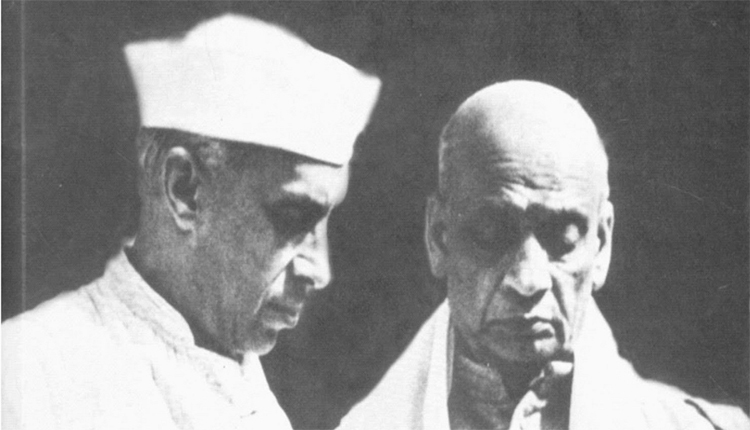New Delhi: The partition process to create Pakistan resulted in 1947’s independence for India, yet it cost three million people their lives because of the violence that occurred. Psychological and emotional marks from abductions and sexual assaults, together with enforced religious conversions, continue to cause distress throughout the region today. A total of 15 million people became displaced as they looked forward to eventual peace. Pakistan established itself through religious differences, which subsequently triggered two dozen years of conflict against India by maintaining continuous border assaults.
From Wars to Terrorism
The newly formed state of Pakistan started its confrontation by attacking Kashmir during its initial period. Three defined conflicts emerged sequentially in 1965, 1971 and 1999, which required India to demonstrate its endurance during each of these battles. Pakistan carries out an ongoing clandestine campaign by supporting terrorism in order to undermine India through destabilisation tactics. National grief and anger grew intense when the Pahalgam disaster occurred, which led India into a severe state of mourning.
India’s Firm Response
Prime Minister Narendra Modi has displayed a decided manner by issuing warnings to Pakistan about what he plans to do next. India has intensified its diplomatic stance by suspending the Indus Water Treaty, which demonstrates its plan to adopt a stronger strategy. The population now questions the validity of accepting partition since the nation has experienced unending hostility from Pakistan.
The Partition Debate
Many people continue to disagree about the choice to divide India. In June 1947, both Congress and the Muslim League gave their preliminary approval to Lord Mountbatten’s power transition outline, which included partition. Although Gandhi criticised their actions by insisting he had not gotten all the information, Nehru and Patel continued the push for Partition forward. During a Congress meeting, Nehru argued with heated words that Gandhi was appropriately informed about matters, even though Nehru later admitted that distance between them during the time (Gandhi stayed in Noakhali) might have limited their conversation.
Voices of Dissent
During a special meeting, Dr Ram Manohar Lohia recalled in his book Guilty Men of India’s Partition how Gandhi and his chosen protégés had strong differences of opinion. According to Lohia, the surprised reaction between Nehru and Patel toward Gandhi’s lack of awareness appeared unacceptable because of their urgent nature to proceed. Patel believed partition served as a required step, which would segregate religious hostility. Patel isolated the poison from the rest of the issue in a 1947 public speech. The present difficulties Pakistan causes India show that Patel’s predictions were incorrect.
Patel’s Rationale and Nehru’s Regrets
Being the home minister of the interim government allowed Patel to observe how partition had spread its poison to every level of officialdom. According to him, partition presented a more acceptable alternative than continued British occupation and continuous inter-religious conflicts within his country. During his 1949 speech to the Constituent Assembly, he disclosed that India pushed for tough negotiations which resulted in dividing Punjab and Bengal and making principality states independent while forcing Muhammad Ali Jinnah to accept a partitioned Pakistan.
Nehru publicly conveyed his deep sadness about the partition experience after it occurred. When Nehru wrote to the Nawab of Bhopal in 1948, he acknowledged that the partition had yielded results that exceeded all expectations. The anticipated peace failed to emerge according to his plans while he admitted there may be errors in his original strategy. Though a federal unification of India and Pakistan was once Nehru’s faint expectation, it remains distant because of Pakistan’s continuous hostilities from both conflict and terror operations.
An Uncertain Future
The nation mourns people killed in current attacks despite facing Pakistan’s continuous hostile behaviour, which keeps partition wounds actively fresh. At this critical juncture, the country must manage its requirements between diplomatic efforts and immediate decisions. The Indian public continues to wonder about the extent to which their nation should suffer for the promised peace established when it gained independence.



Comments are closed.